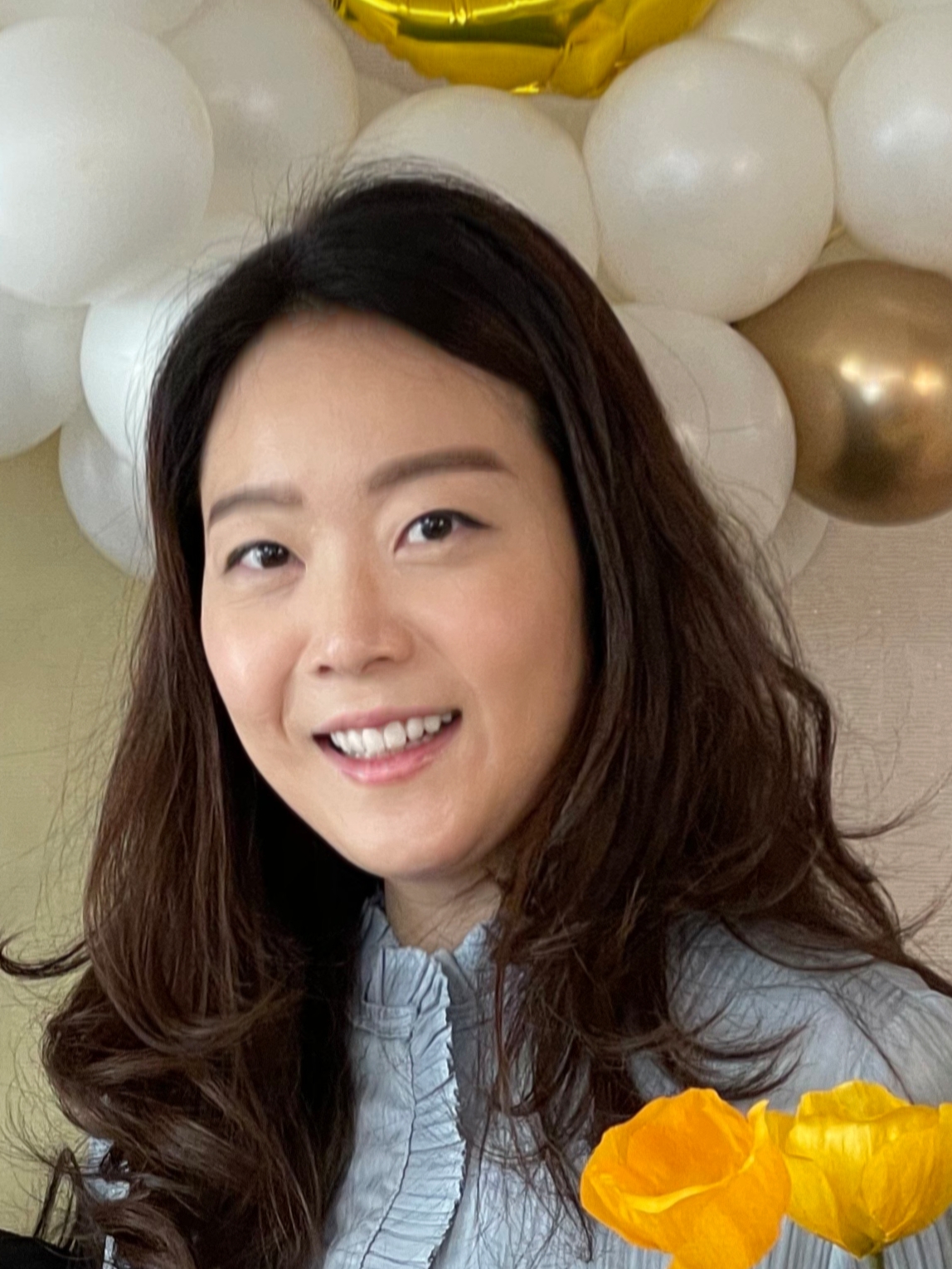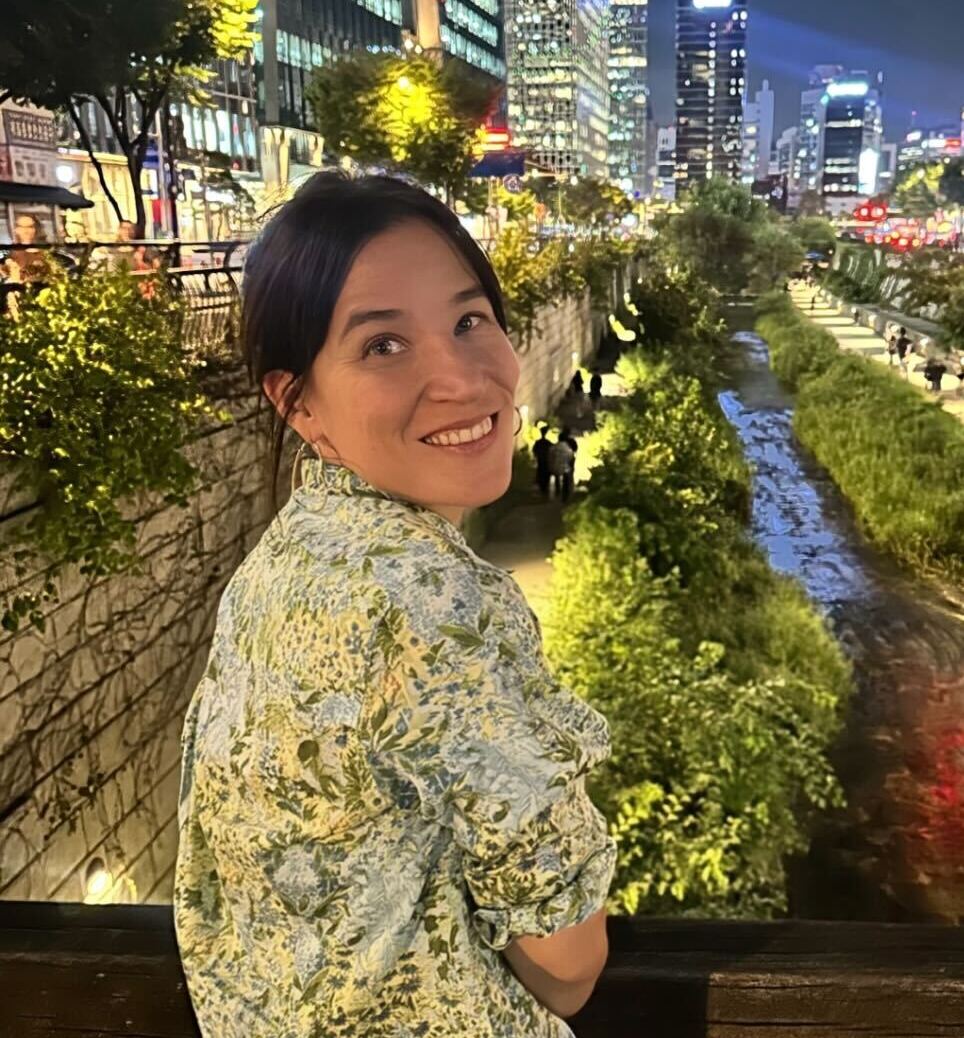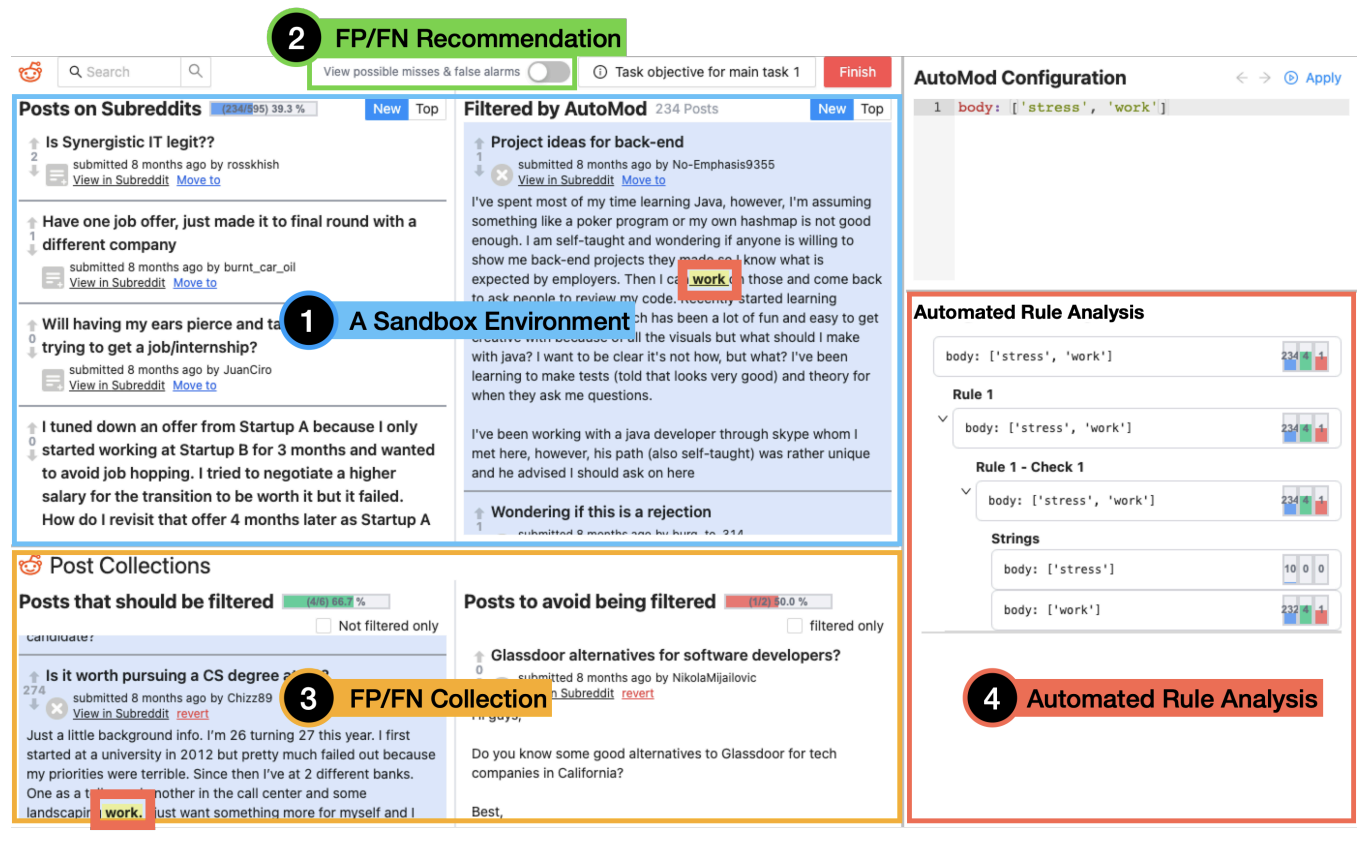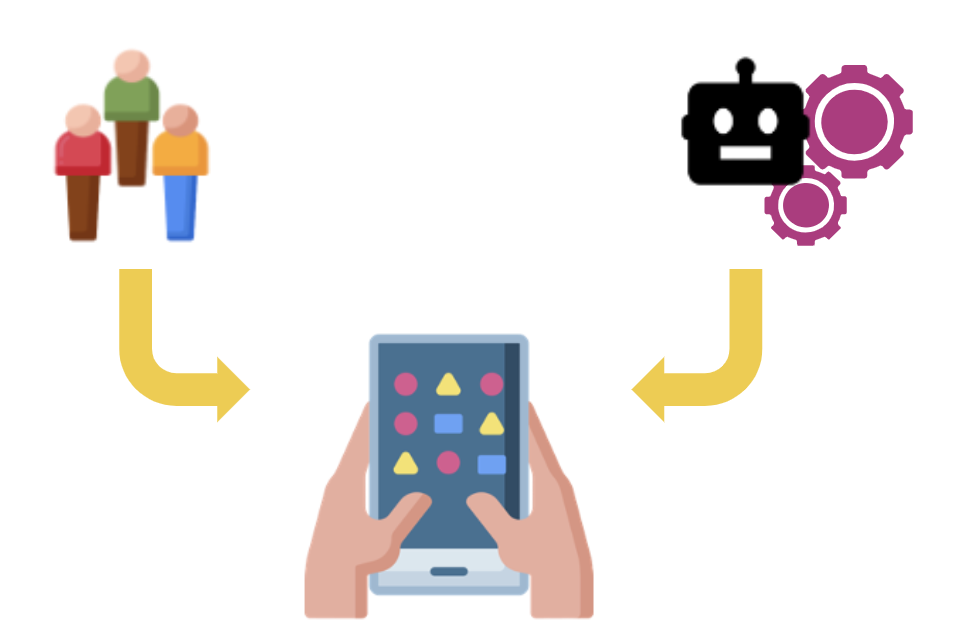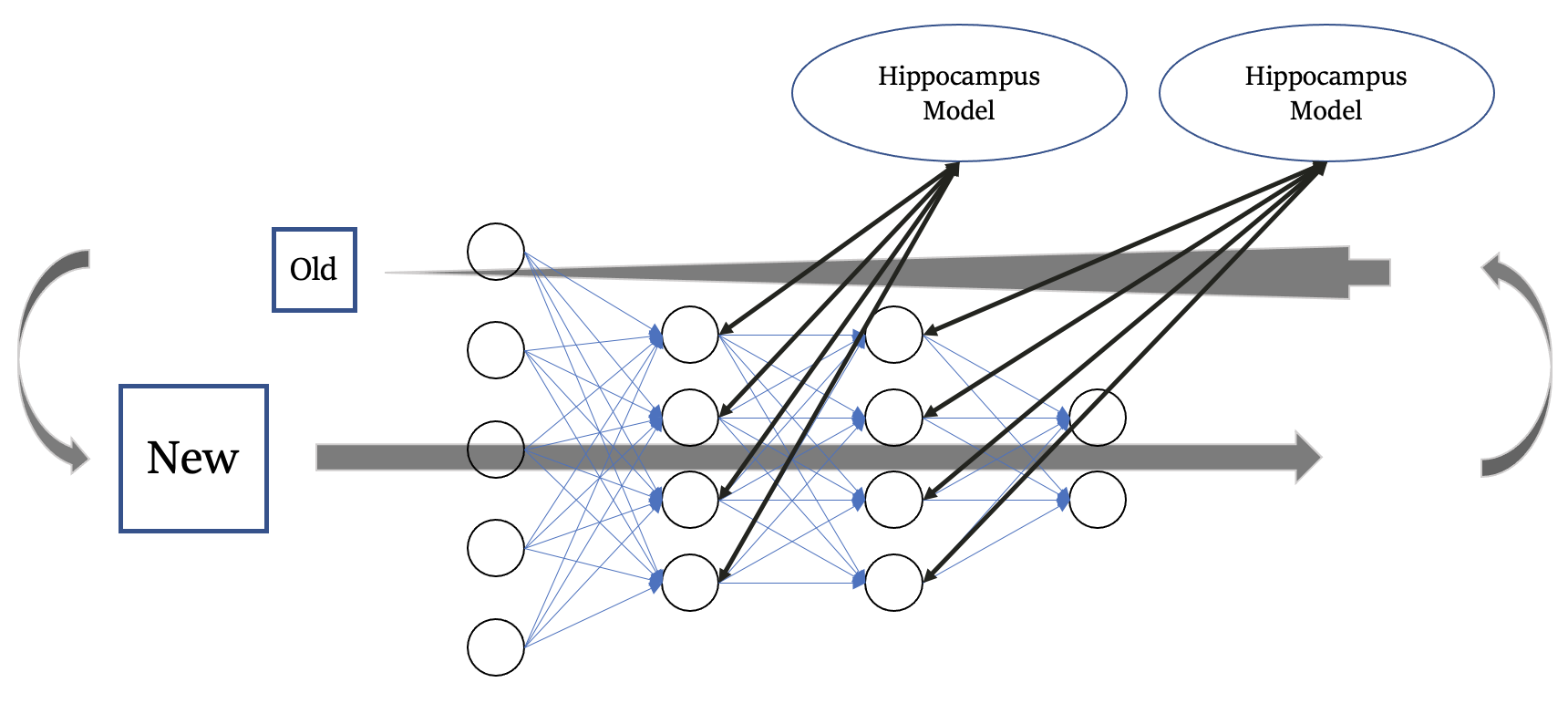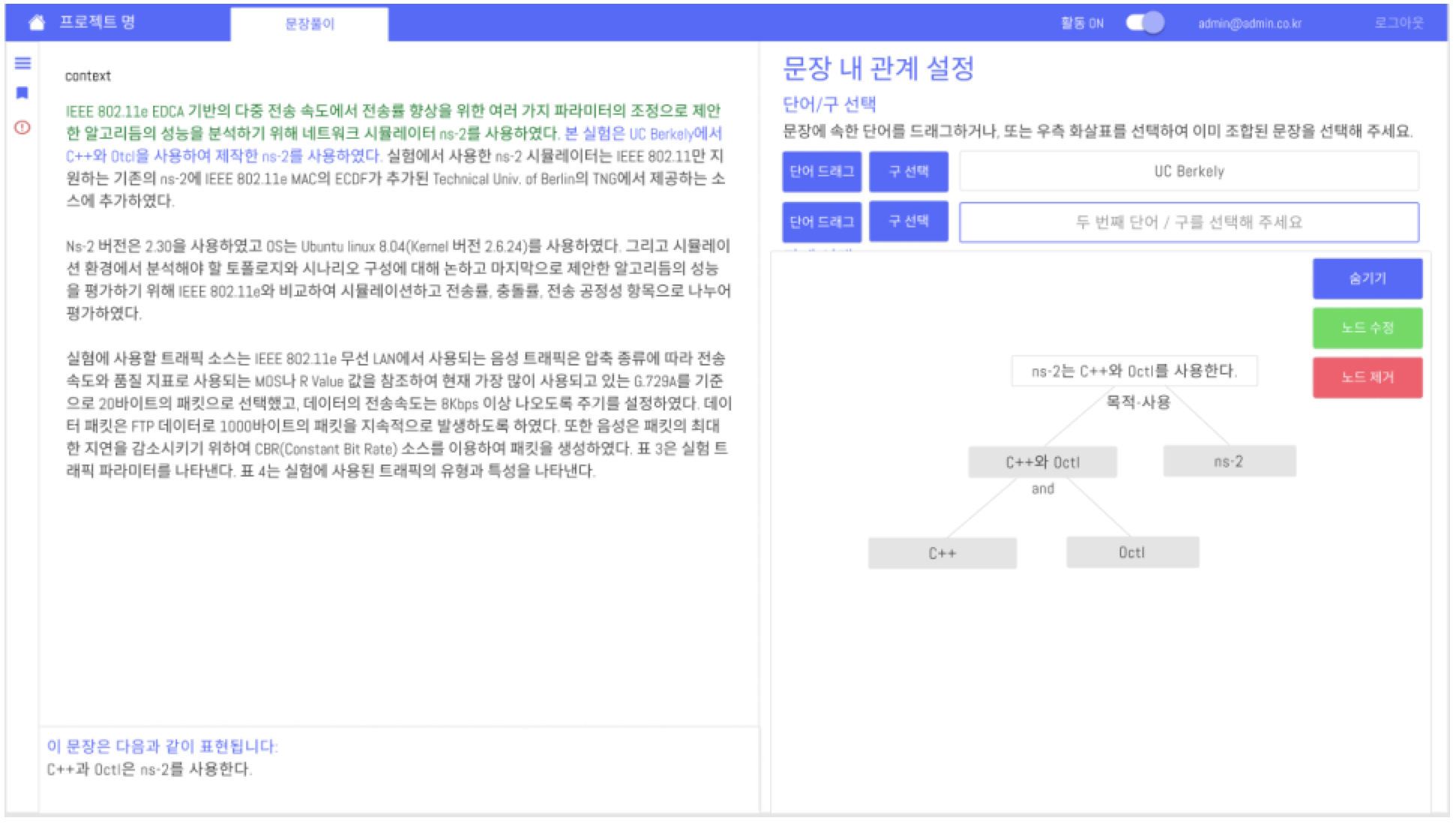People
Graduate Students
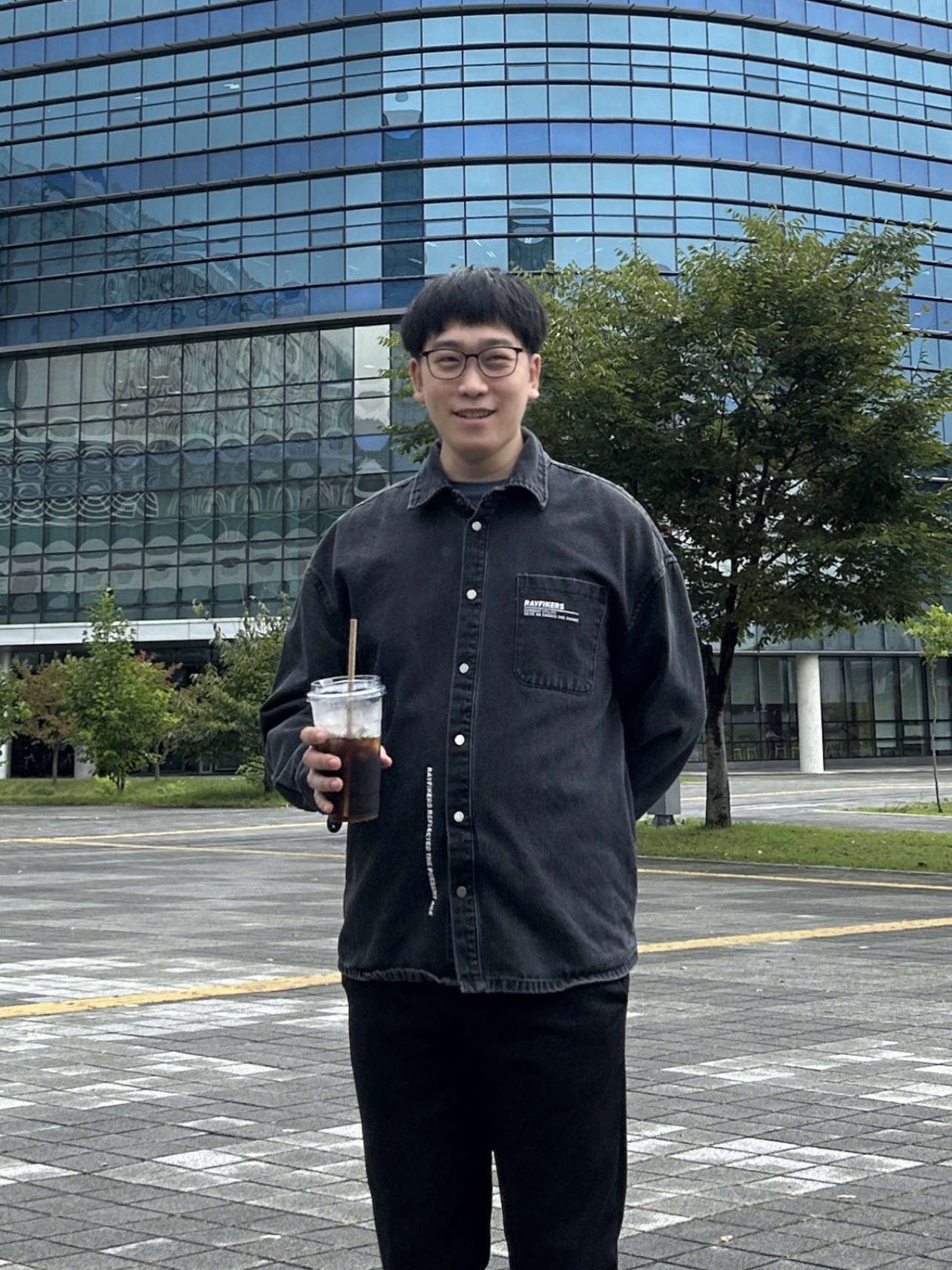
Chanwoo Park
Integrated
Ph.D. student
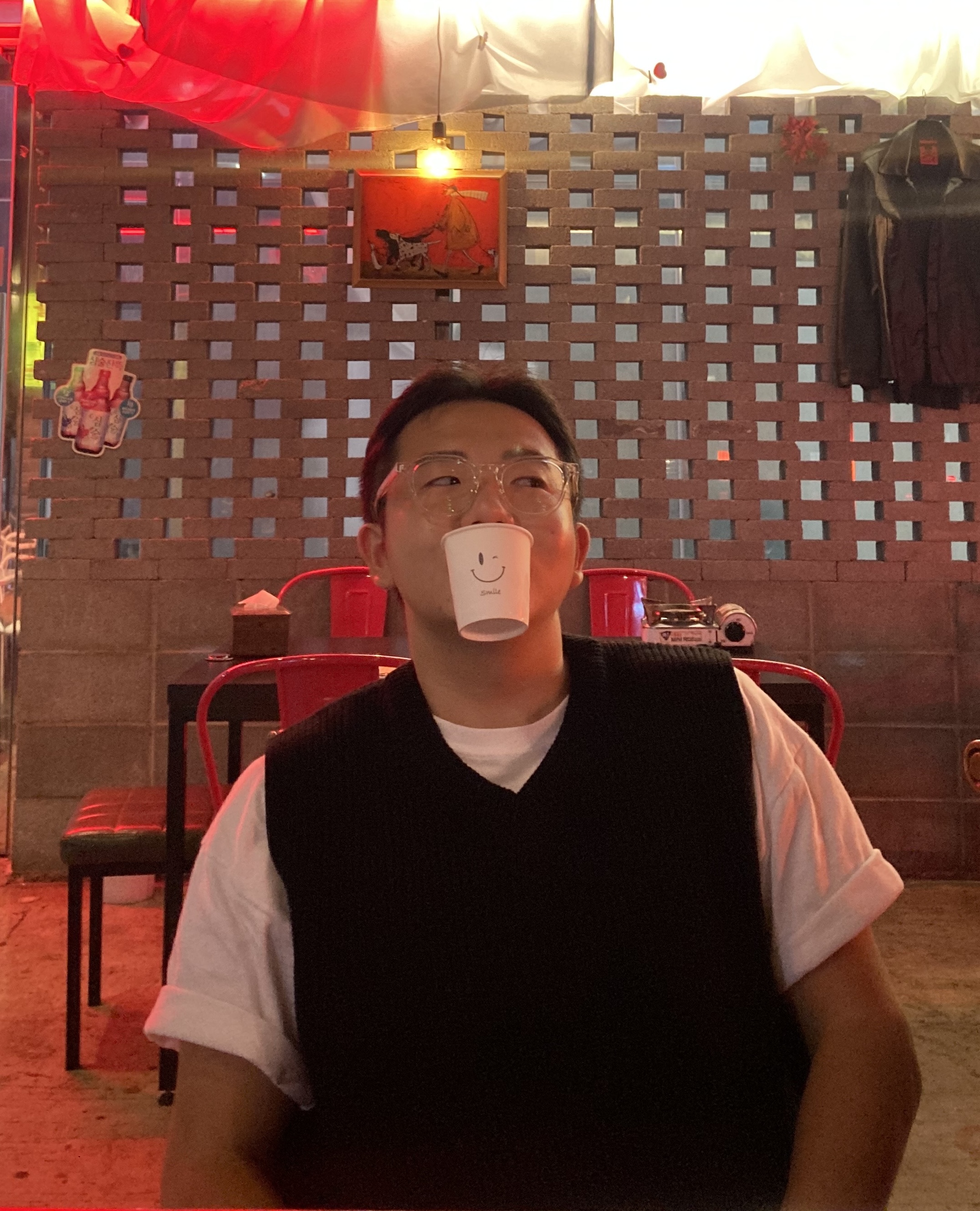
Dokyun Lee
Integrated
Ph.D. student

Yeonsun Yang
Integrated
Ph.D. student
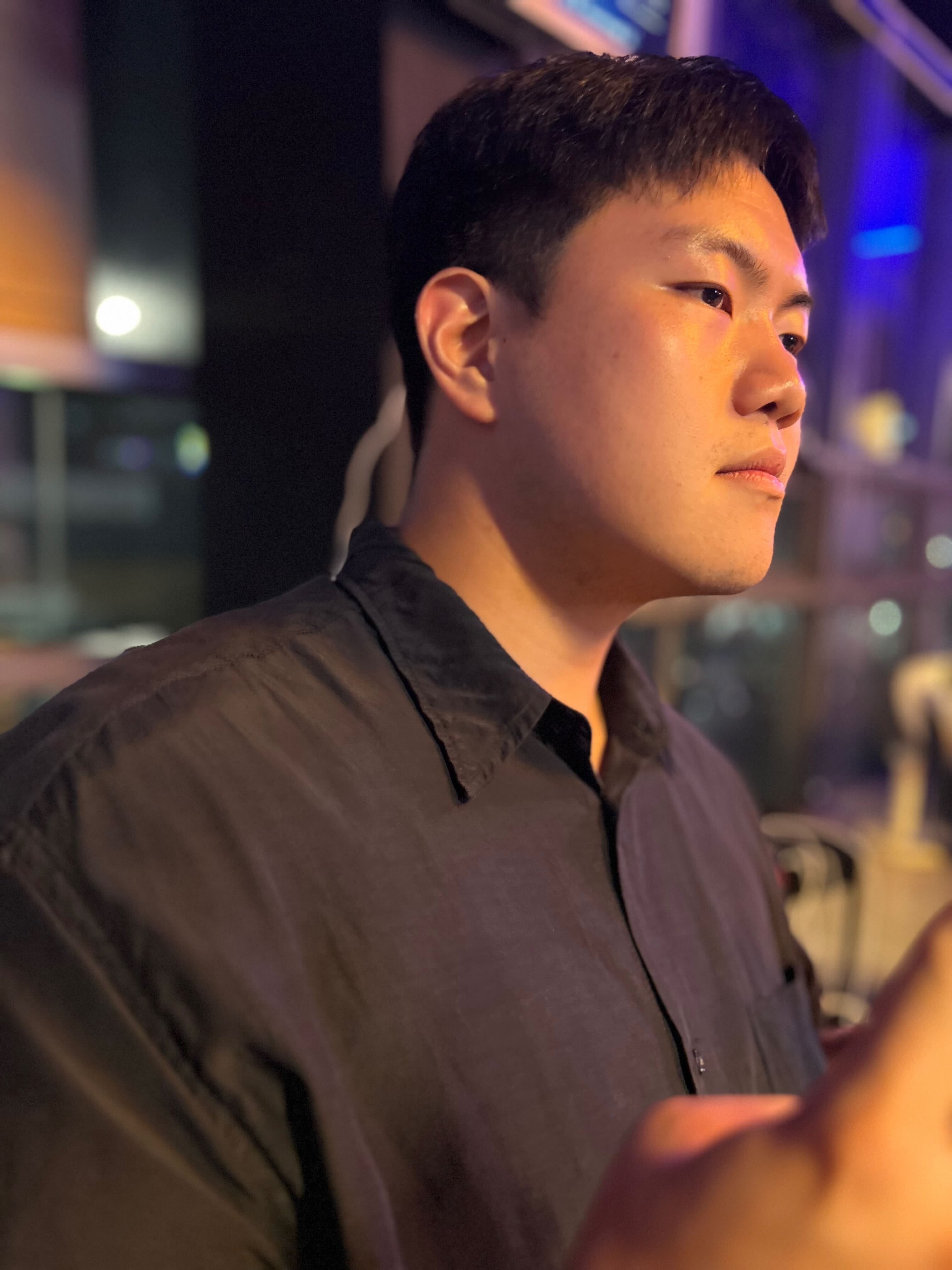
SangEun Seo
M.S. Student
Undergraduate Students
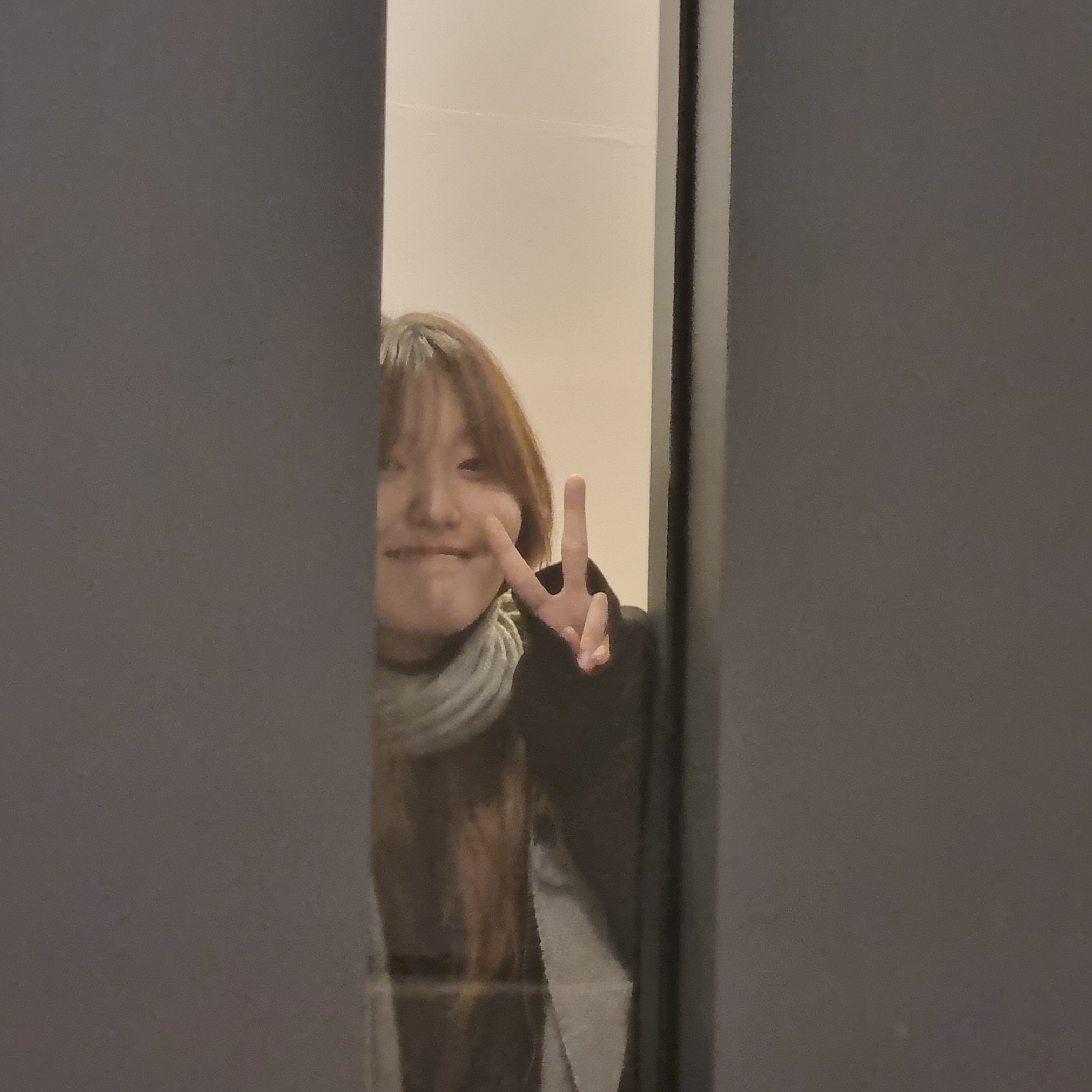
Ahyeon Shin
Undergraduate
Research Intern
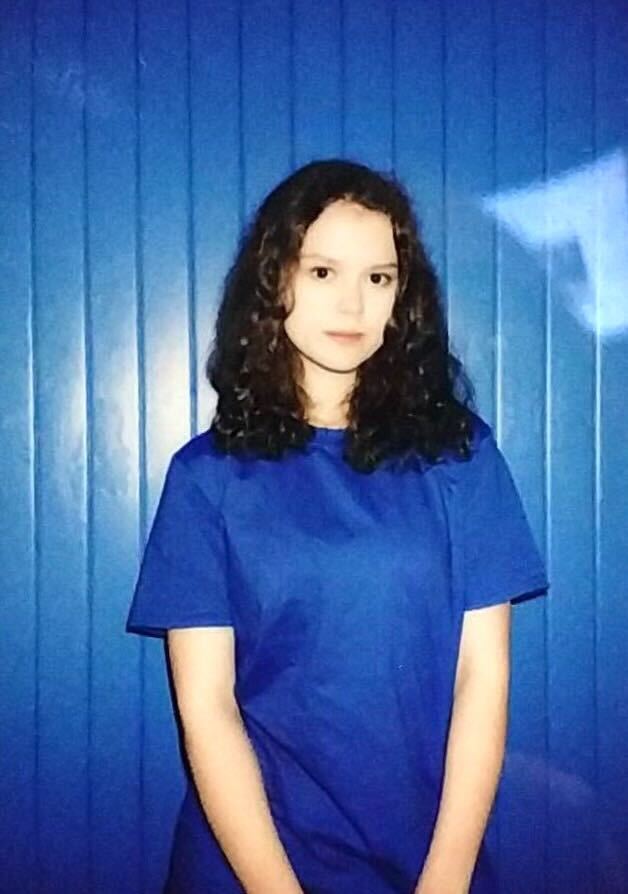
Anastasia Arkhipenkova
Undergraduate
Research Intern
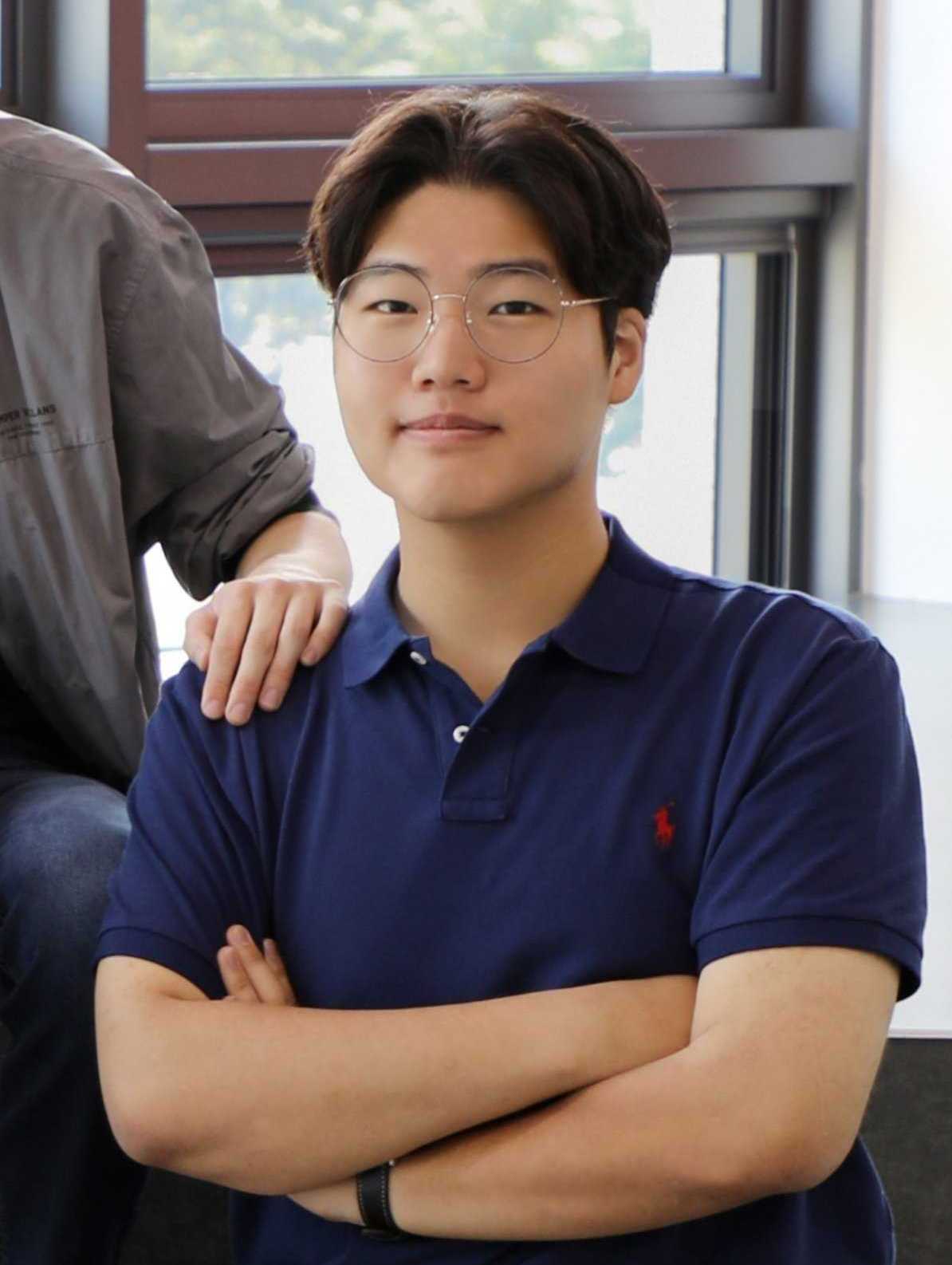
Jaeyeong Choi
Undergraduate
Research Intern
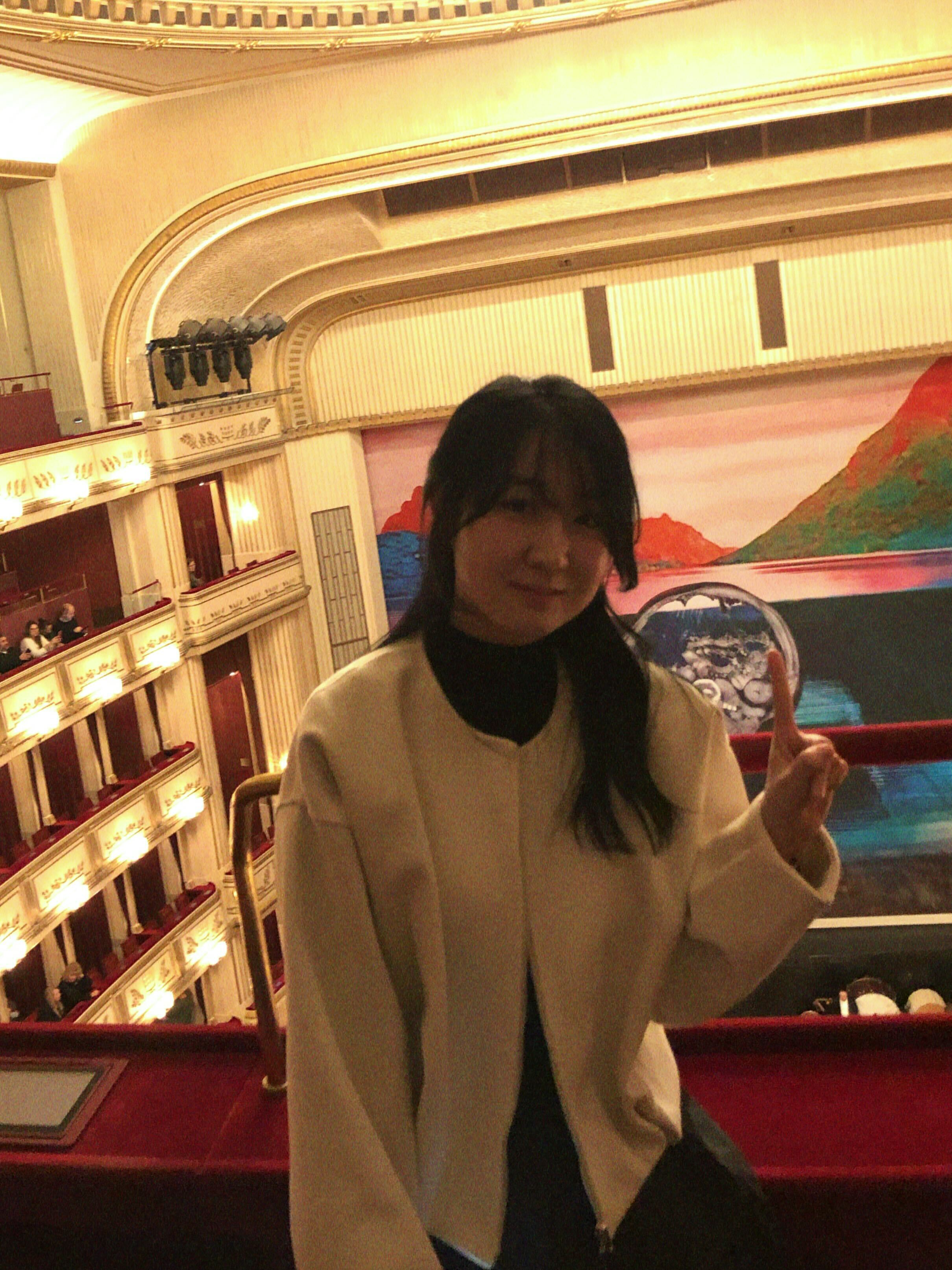
Yoojin Jeon
Undergraduate
Research Intern
Alumni
- Mincheol Kang, Undergrad Intern (DGIST), Spring 2024 - Summer 2024
- Jiheon Kang, Undergrad Intern (DGIST), Spring 2024 - Summer 2024
- Yibin Moon, Undergrad Intern (DGIST), Spring 2024
- Nayoung Kim, Undergrad Intern (DGIST), Winter 2023 - Spring 2024
- Jaeyoung Choi, Undergrad Intern (DGIST), Winter 2023 - Spring 2024
- Suyeon Shin, Undergrad Intern (DGIST), Summer 2023 - Spring 2024
- Sungmin Ju, Undergrad Intern (DGIST), Summer 2023 - Spring 2024
- Jeongeon Park, Researcher, Fall 2023 - Spring 2024
- Sunoo Kim, Undergrad Intern (DGIST), Winter 2024 - Spring 2024
- Youngjin Park, Undergrad Intern (DGIST), Winter 2024
- Dain Kim, Undergrad Intern (DGIST), Winter 2023 - Fall 2023
- Sihwan Seok, Undergrad Intern (DGIST), Winter 2023 - Fall 2023
- Subeen Jo, Undergad Intern (DGIST), Winter 2023 - Fall 2023
- Minseong Kim, Undergrad Intern (DGIST), Spring 2023 - Summer 2023
- Huidam Woo, Undergrad Intern (DGIST), Spring 2023
- Chan Lee, Undergrad Intern (DGIST), Spring 2023
- Ahyeon Shin, Undergrad Intern (DGIST), Winter 2023
- Sangeun Seo, Undergrad Intern (UNIST), Summer 2022, Winter 2023
- Chanyu Moon, Undergrad Intern (DGIST), Winter 2023
- Gunuk Nam, Undergrad Intern (Handong Global University), Winter 2023
- Nayoung Kim, Undergrad Intern (DGIST), Winter 2022 - Winter 2023
- Hojin Jin, Undergrad Intern (DGIST), Winter 2022 - Fall 2022
- Hyeonho Kwon, Undergrad Intern (DGIST), Winter 2022 - Fall 2022
- Giwon Lee, Undergrad Intern (DGIST), Winter 2022 - Fall 2022
- Giwa Osaruiyobo Henrietta, Graduate Intern (DGIST), Summer 2022
